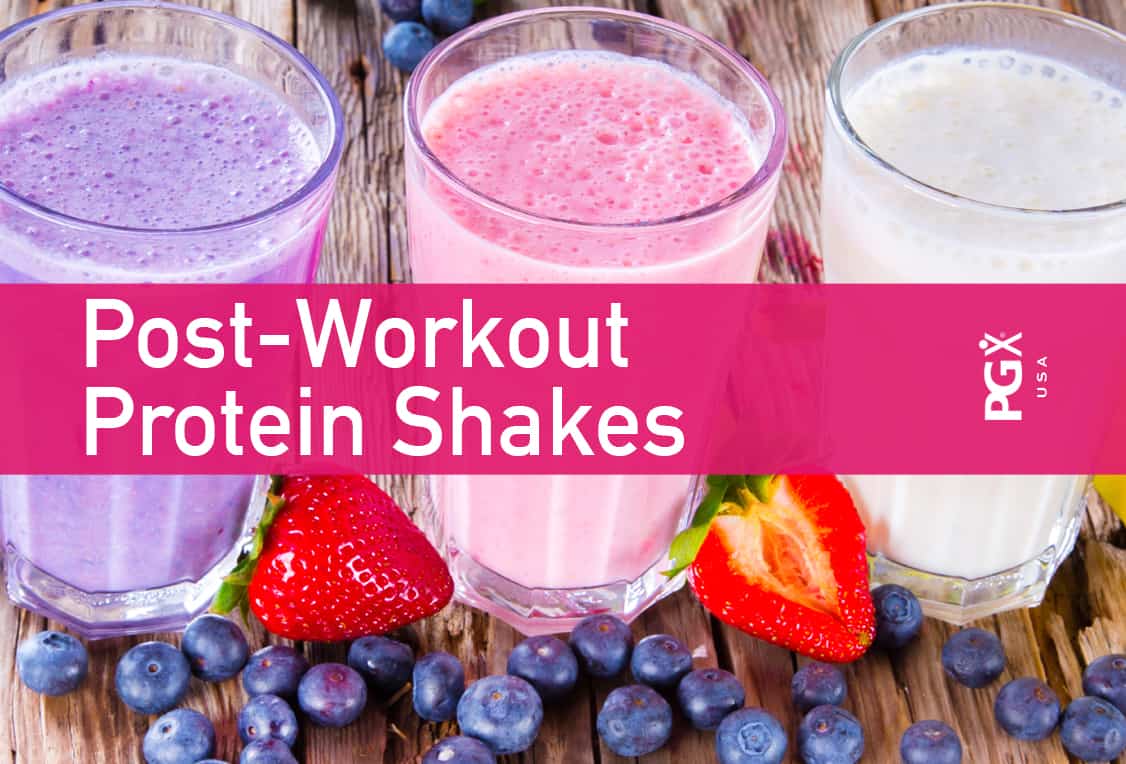
I can tell you, without a doubt, that after cycling 139 miles (210km) in a day, a protein shake is a great idea. If you’re not cycling across Canada for charity though, are there really any benefits to including a protein shake in your daily regime? Can a protein shake after a workout help you build muscle, lose weight, or decrease muscle soreness? Could your choice of protein shake actually undo some of the good work you just put in at the gym?
Why You Need Protein
Protein is the main component of muscles, and is essential for the production of hormones, enzymes, immune system cells and even neurotransmitters. Protein is created by the body from amino acids and, although we can synthesize some of these amino acids, essential amino acids have to be acquired through the diet. Without adequate protein we would be in real trouble, and protein shakes are certainly convenient for use after a workout as they provide quick nutrition and hydration to help with muscle growth and repair.
Why Take Protein After a Workout?
Post-workout, too little protein can lead to muscle soreness and fatigue, rather than increased strength and stamina. Taking protein in the first 30 minutes or so after a workout can, however, help the body to begin quickly healing the micro-tears in the muscle, a process which makes muscles stronger over time. The amino acids in a protein shake tend to reach the bloodstream and then the muscles a lot faster than protein bound in food, which is just one reason why protein shakes have become so popular with athletes and gym-goers.
Can I Take Protein at Bedtime?
Protein shakes can also be helpful as a drink before bedtime as some of the amino acids in these drinks are thought to help increase natural levels of growth hormone and thereby help with healing and repair as we sleep, as well as helping to maintain healthy metabolism and bodyweight.
Protein Shakes for Weight Management
Drinking just any old protein shake isn’t going to help with weight loss. In order for that to happen, you need to be exercising those muscles, reducing overall calorie intake and avoiding simple carbohydrates. Unfortunately, some protein shakes contain artificial sweeteners and/or sugars that can sabotage blood glucose control and actually lead to weight gain while increasing muscle soreness and inflammation. Protein shakes designed to help with weight management include those containing soluble fiber, like PolyGlycopleX (PGX). This helps satisfy hunger and decrease appetite, and slows the release of energy from food, thereby supporting healthy blood glucose control and insulin sensitivity, two key elements for successful weight management[i][ii].
The Benefits of PGX Protein Shakes
Adding PGX singles or powder into your favourite protein drink, or using the convenient PGX protein shakes, is an ideal way to ensure you’re getting the protein you need after a workout. A PGX protein shake is also great for when you’re eating breakfast on the go between the gym and work as this can help maintain stable blood glucose throughout the morning and keep cravings at bay until it’s time for lunch. Protein shakes aren’t a replacement for a nutritious diet and healthy lifestyle, but can be a great way to ensure adequate protein intake as part of a balanced diet that include nutrient-rich foods like fruits, vegetables, nuts, seeds, and legumes. In addition to being great after a workout, protein shakes are also idea for meeting nutrition needs if you are:
- A growing teenager!
- Starting to work out for the first time
- Increasing the intensity of your workouts
- Recovering from an injury or illness
- Making dietary changes that could compromise protein status (such as switching to a vegan diet)
- Looking to reduce overall calorie intake as part of a healthy weight management program
- Doing a ludicrously long charity bike-ride!
What’s your best post-workout tip? Do you have a fantastic recipe for a super-powered protein shake? Let us know in the comments below!
References:
[i] Kacinik, V., Lyon, M., Purnama, M., Reimer, R.A., Gahler, R., Green, T.J., Wood, S. (2011). Effect of PGX®, a novel functional fibre supplement, on subjective ratings of appetite in overweight and obese women consuming a three-day structured, low calorie diet. Nutr Diabetes, 1:e22. doi: 10./038/nutd.2011.18.
[ii] Reichert, R.G., Reimer, R.A., Kacinik, V., Pal, S., Gahler, R.J., Wood, S. (2013). Meal replacements and fibre supplement as a strategy for weight loss. Proprietary PGX meal replacement and PGX fibre supplement in addition to a calorie restricted diet to achieve weight loss in a clinical setting. Biotechnol Genet Eng Rev.
